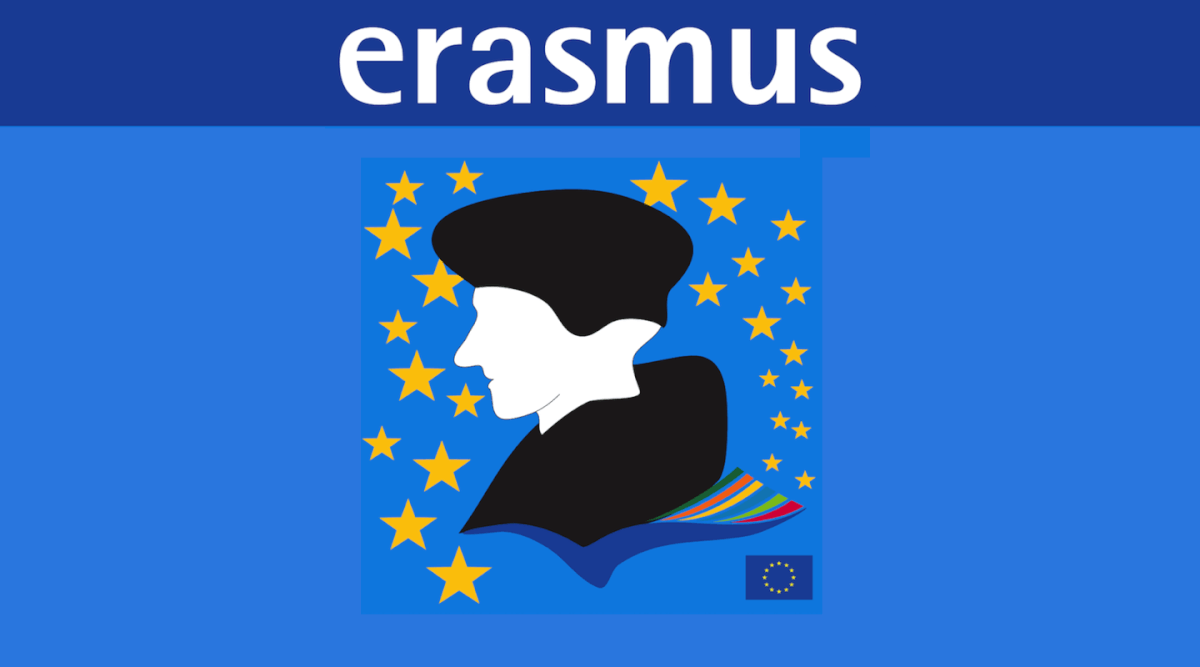How to get an au pair visa for Italy: UK guide
Read our guide on how to get an au pair visa for Italy, including the main requirements and what to do after arriving.

Studying abroad is an increasingly popular option for UK students, and one of the easiest (and cheapest) ways to go about it is to access the Erasmus Programme. But what exactly is that, and what can you expect? Our guide gives you the low down.
The European Community Action Scheme for the Mobility of University Students, or Erasmus for short, is an EU student exchange programme that has been helping people study internationally since 1987. In 2014, Erasmus Plus was created, incorporating all the EU’s schemes for education, training, youth and sport under one umbrella programme. It is committed to providing grants for four million people between now and 2020, half of whom will be higher education students.
The education strand of Erasmus Plus is open to higher education EU students who want to study for up to a year in another European university. There is also an option for students to gain work experience in a European organisation.
You are able to apply to study at another European university if: - Your university or college holds an Erasmus Charter for Higher Education (your International Office will be able to tell you)
There are no restrictions on the subject you are studying - and even part-time students are eligible, as long as they can study full-time during the exchange.
Good news: The European Commission provides Erasmus Plus students with a grant, which can be up to €300 a month, depending on eligibility. If you are studying abroad for the full academic year then you will also receive a good contribution towards your UK tuition fees while you are away. Make sure you set up an account with Wise to minimise annoying fees when sending money abroad.
If your university is eligible then they will almost certainly have an Erasmus Plus office, who will help you with your application and give you all the relevant information you need. Contact your International Office for their details. Ideally, you are expected to apply the year before you want to take part.
With 27 EU countries and five non-EU countries (Iceland, Norway, Turkey, Liechtenstein and the Former Yugoslav Republic of Macedonia) signed up to Erasmus Plus, whittling your options down to just one country - let alone a single university - can be difficult. There are also various “partner countries” which take part in some Erasmus Plus programmes - a full list can be found on the Erasmus Plus website. Firstly, check with your university’s Erasmus Plus office to see which countries they have agreements with as that will limit your choice. They can also advise you as to where other people from your university have gone in the past, and what their experiences have been. Spain, Germany and France are by far the most popular Erasmus destinations for UK students, which mirrors the popularity of those countries for international students generally. Take a look at our guide about what to think about before studying in the EU for more information and tips on making your decision. Get full information at the Erasmus Plus website.
*Please see terms of use and product availability for your region or visit Wise fees and pricing for the most up to date pricing and fee information.
This publication is provided for general information purposes and does not constitute legal, tax or other professional advice from Wise Payments Limited or its subsidiaries and its affiliates, and it is not intended as a substitute for obtaining advice from a financial advisor or any other professional.
We make no representations, warranties or guarantees, whether expressed or implied, that the content in the publication is accurate, complete or up to date.

Read our guide on how to get an au pair visa for Italy, including the main requirements and what to do after arriving.

Read our guide on how to get an au pair visa for Spain, including the main requirements and what to do after arriving.

Read our guide on how to get an au pair visa for France, including the main requirements and what to do after arriving.

Can international students open an ISA account in the UK? Find out in our handy guide, including tips on the best ISAs currently available.

Can you get a good deal on Turkish Airlines flights while you study? Learn about the Turkish Airlines student discount and how it works.

Looking for a good deal on British Airways flights while you study? We'll explore if British Airways offers student discount and share our budget-friendly tips.